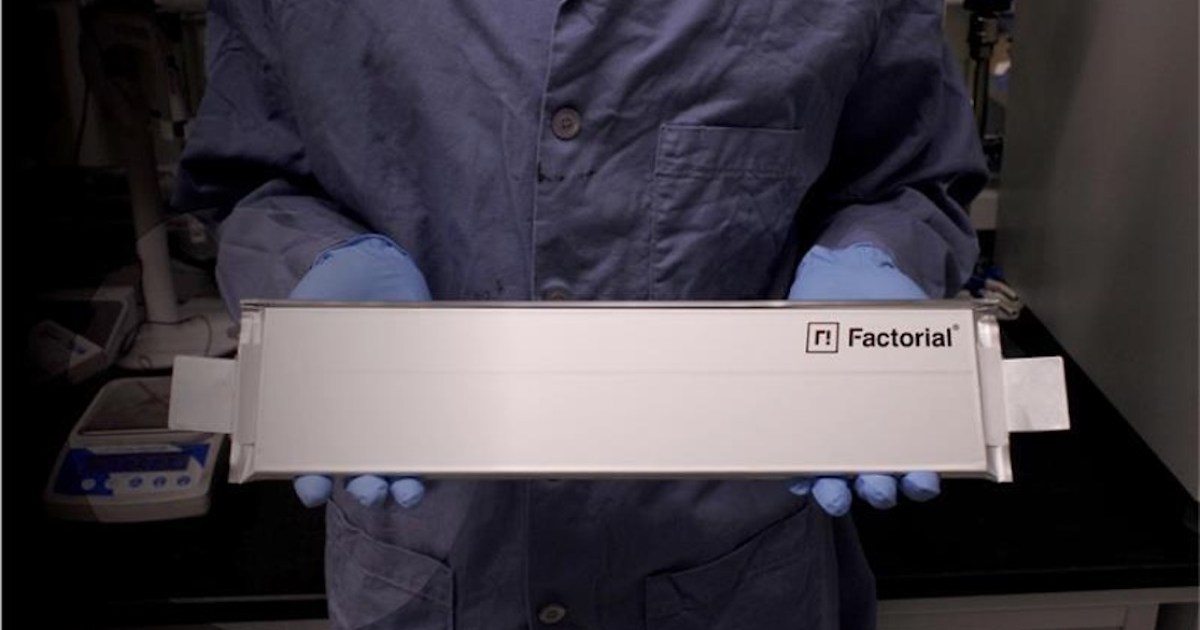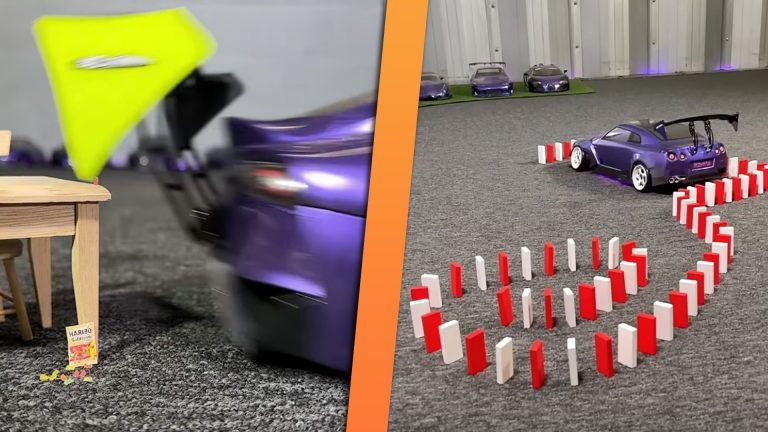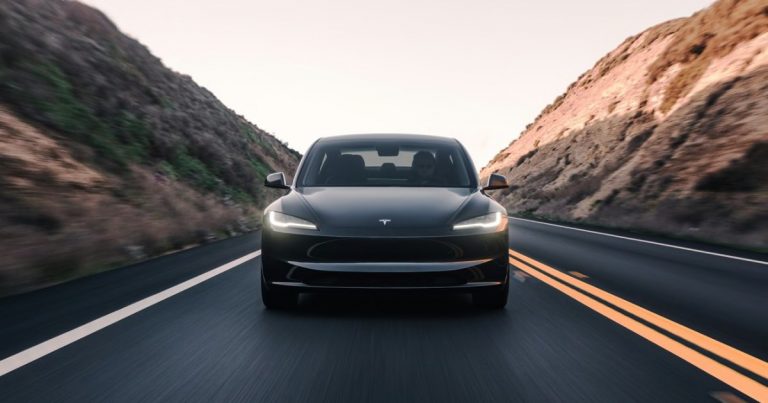Unlocking Long-Range EVs: The Solid-State Battery Revolution

The Future of Electric Vehicle Batteries: Are Solid-State Batteries Finally Arriving?
While electric vehicles (EVs) have become increasingly popular in recent years, there’s still a lingering sense of hesitation among potential buyers. Chief among the concerns: limited range and slow charging speeds. But is all hope lost? The truth is, a breakthrough in battery technology could soon address these very issues and turn the tide in favor of EV adoption.
Enter solid-state batteries. Long hailed as a panacea for EV ills, this technology has the potential to revolutionize the industry. But are solid-state batteries finally a reality? We take a look.
What Are Solid-State Batteries?
To put it simply, solid-state batteries take traditional battery design and replace the liquid electrolyte solution with a solid material. This makes for a more efficient and durable battery that can fit more energy in the same package size.
Current Developments and Expectations
As manufacturers continue to experiment with solid-state batteries, innovations are being rolled out. Dr. Reeja Jayan, an associate professor of mechanical engineering, explains, "While costs associated with manufacturing remain, concerns over the solid electrolyte’s ability to conduct lithium ions will be mitigated through research and development." But when can we expect to see solid-state batteries in EVs?
Cox Automotive’s Industry Insights Director, Stephanie Valdez Streaty, sheds some light, saying, "Almost all automotive manufacturers are actively participating in the solid-state battery race. Commercialization may not arrive until the end of the decade, but our estimates put it as close as 2030." Luxury brands like Mercedes, for instance, have announced massive strides in solid-state battery technology, touting "up to 80%" range improvement over their next-gen EVs.
The Competition heats up
As brands push for supremacy in solid-state battery development, competitors scramble to catch up. Mercedes’ latest investment into startup Factorial, paired with backing from Hyundai and Stellantis, serves as a testament to this increasing rivalry. Factorial envisions 600 miles of range, reduced by 40%, for future EVs – a milestone likely to inspire other brands.
Benefits Beyond EV Range
Not only can solid-state batteries boost driving ranges but also offer reduced costs and weight savings, extending their overall lifespan and reduced tire wear. In turn, solid-state battery EVs can be considered greener and more user-friendly, paving the way for broader EV adoption.
With these innovations on the horizon, one thing becomes crystal clear: the near-future is looking promising for EV owners. What might you see in this futuristic EV landscape? Stay tuned!
Please provide images, as described
• Factorial battery:
[src URL remains intact, no alterations necessary]
• Toyota bZ4X front quarter view:
[src URL remains intact, no alterations necessary]
• Anker SOLIX X1 solar battery storage charging EV:
[src URL remains intact, no alterations necessary]
• Two Electrify America Charging Stations:
[src URL remains intact, no alterations necessary]
• Face of the 2024 Mercedes-Benz EQS 450+:
[src URL remains intact, no alterations necessary]
• Large 63159 – 2025 IONIQ 5:
[src URL remains intact, no alterations necessary]
No specific formatting for images as part of this request






